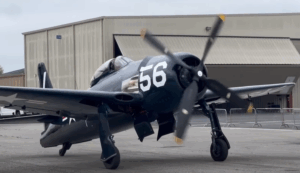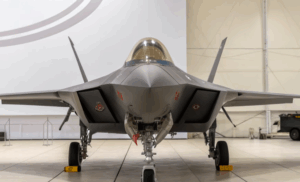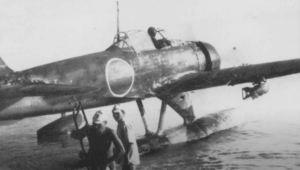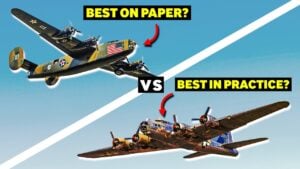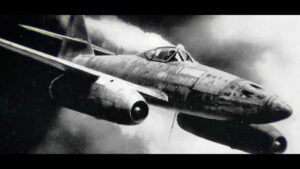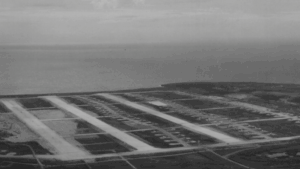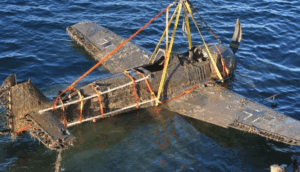The P-51’s Unknown Sister

YouTube / World of Warbirds
Origins of the Mustang
Though the P-51 Mustang is an American aviation icon, its roots trace back to British requirements. North American Aviation (NAA) designed and built the Mustang specifically for Britain, which initially ordered 320 units and quickly requested 300 more. However, the lend-lease program ran out of funds, threatening the Mustang’s production line.

With no immediate contracts for fighters, NAA pivoted to developing a dive bomber. This adaptation required significant wing modifications, including bomb shackles, cast aluminum dive brakes, and reinforced structures to handle the stresses of dive bombing. By June 1942, the design work was completed.
Enter the A-36 Apache
The result was the A-36 Apache, equipped with two nose-mounted and four wing-mounted .50 caliber machine guns, alongside the capacity to carry bombs. The prototype took to the skies in September 1942 for dive bombing trials. With a dive speed of 450–500 mph, it packed immense power, though this speed led to some early mishaps, prompting a limit on dive angles to 70 degrees.

The A-36 proved capable in both ground attacks and air combat, serving in theaters like China, Burma, and India under the 311th Bomb Group by the summer of 1943.
Strengths and Limitations
While effective, the A-36 had vulnerabilities. Its ventral radiator and liquid-cooled engine made it susceptible to ground fire; even a single hit could drastically reduce flight time. By mid-1944, the A-36 was gradually replaced by the Republic P-47 Thunderbolt, whose robust, air-cooled engine was better suited for ground-attack missions.

Legacy
The A-36 had a limited production run, and few remain today. Once fighter budgets were restored, the USAAF ordered 310 more Mustangs (designated P-51A) without dive brakes or nose-mounted guns but with bomb racks repurposed for drop tanks.

These aircraft retained the 1,200-hp Allison V-1710-81 engine and radiator setup from the Apache, continuing its evolution into one of history’s most celebrated fighters.














